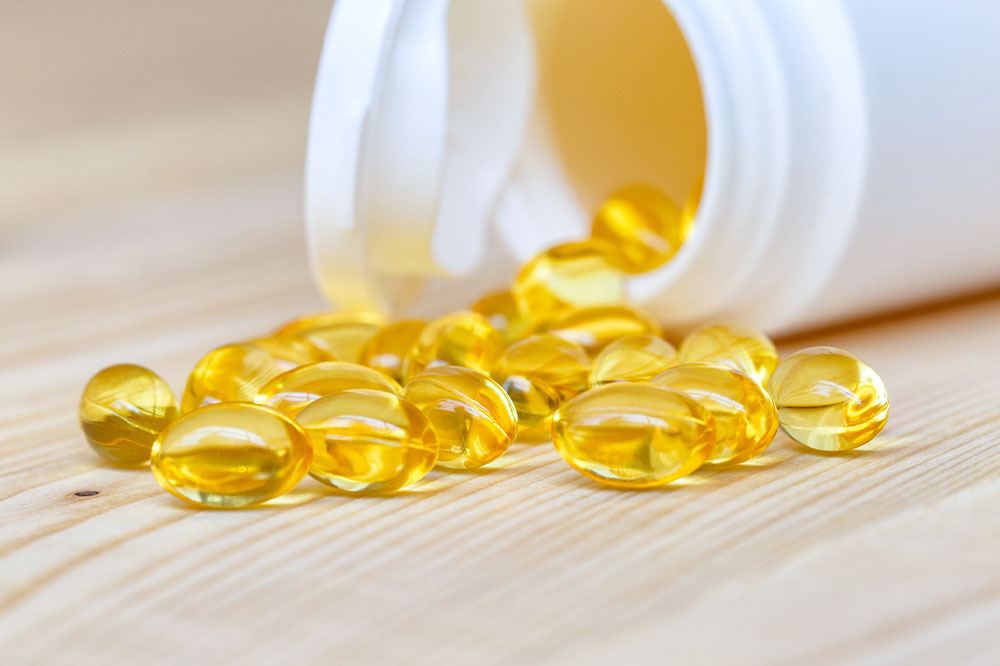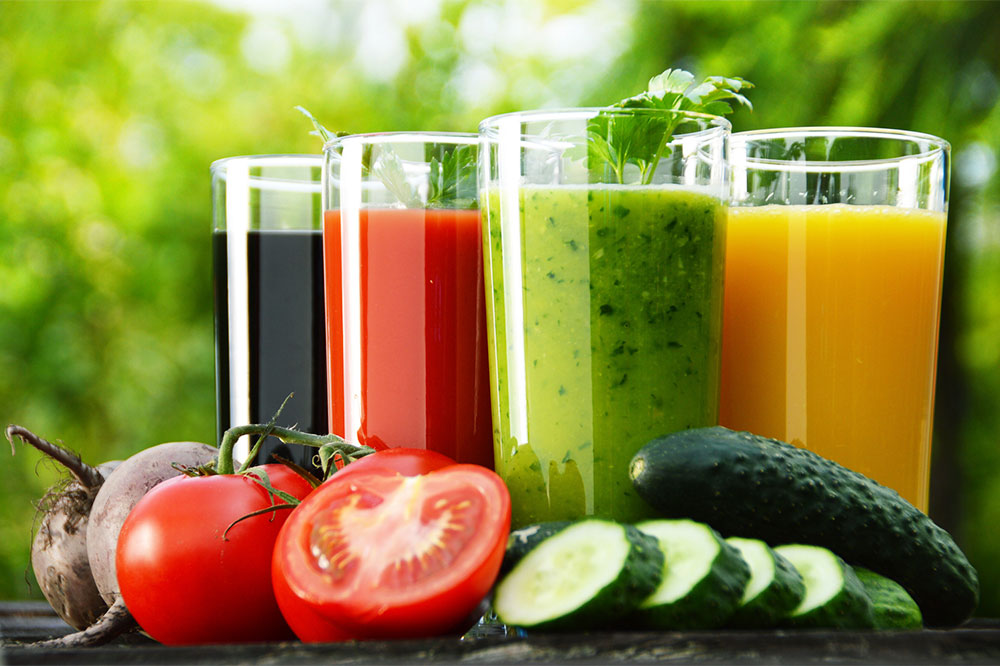Essential Insights on Vitamins and Dietary Supplements
Discover essential information about vitamins and supplements, including their benefits, deficiencies, and how to choose the right products for optimal health. This guide helps you understand the differences between natural vitamins and manufactured supplements, emphasizing safe usage tailored to individual needs and stages of life.
Sponsored

Vitamins are organic compounds obtained from various foods that are vital for the body's proper functioning. Insufficient vitamin levels can make individuals more prone to health issues and diseases. While a balanced diet typically meets nutritional needs, some people require additional support through supplements. This article covers four important aspects of vitamins and supplements to help you make informed choices.
Key facts about vitamins and supplements
There are 13 recognized vitamins, each with a range of supplement options. Here’s a quick overview of their benefits and deficiencies:
Vitamin A/Retinol
Essential for eye health, this fat-soluble vitamin is found in carrots, pumpkins, dairy, and leafy greens. Deficiency can lead to night blindness. The recommended daily intake is 700 mcg.
Vitamin B1/Thiamine
Water-soluble and energy-boosting, it’s present in grains, oranges, and vegetables. A lack can cause beriberi. The daily AI is 1.1 mg.
Vitamin B2/Riboflavin
Important for metabolism, available in dairy, bananas, and green beans. Deficiency causes inflammation of lips and fissures. Daily AI is 1.1 mg.
Vitamin B3/Niacin
Supports cell growth, found in broccoli, nuts, and lentils. Deficiency leads to Pellagra. The AI is 14 mg daily.
Vitamin B5/Pantothenic Acid
Keeps energy levels high, sourced from whole grains and avocados. Deficiency can cause numbness. Daily AI is 5 mg.
Vitamin B6/Pyridoxine
Vital for red blood cell formation, present in bananas and chickpeas. Deficiency may cause anemia. The daily AI is 1.3 mg.
Vitamin B7/Biotin
Supports keratin production and carbohydrate/protein metabolism. Found in spinach and broccoli. A lack can cause dermatitis. Daily AI is 30 mcg.
Vitamin B9/Folic Acid
Crucial for DNA synthesis and fetal development, abundant in leafy greens and seeds. The AI is 400 mcg.
Vitamin B12/Cyanocobalamin
Important for neurological health, in dairy, fortified cereals, and soy. Deficiency can cause nerve issues. Daily AI is 2.4 mcg.
Vitamin C/Ascorbic Acid
Supports immunity and tissue repair, found in fruits and vegetables. Deficiency slows wound healing. Daily AI is 75 mg.
Vitamin D/Ergocalciferol
For bone health, sourced from sun exposure and fortified foods. Deficiency causes rickets; daily AI is 15 mcg.
Vitamin E/Tocopherol
Acts as an antioxidant, found in nuts and oils. Deficiency can cause blood cell damage. Daily AI is 15 mg.
Vitamin K/Phylloquinone
Essential for blood clotting, available in figs and parsley. Deficiency can impair clotting. Daily AI is 90 mcg.
Differences Between Vitamins and Supplements
Vitamins are naturally occurring organic compounds in foods, while supplements are manufactured, either synthetically or naturally derived. Vitamins play vital roles in metabolism regulation, whereas supplements support energy, growth, and bodily functions. Excess intake of either can be harmful, but deficiencies are linked to various health conditions, such as vitamin A deficiency causing vision problems.
Choosing the Right Supplement
Individuals with specific health conditions, pregnant women, seniors, infants, or those undergoing treatments should consult healthcare professionals before supplementing. When selecting a supplement, consider:
Consult a healthcare provider.
Ensure it aligns with your health status and treatments.
Check for interactions on labels.
Verify that the supplement’s ingredients and % daily values meet safety standards.
Choose products approved by relevant regulatory bodies.





